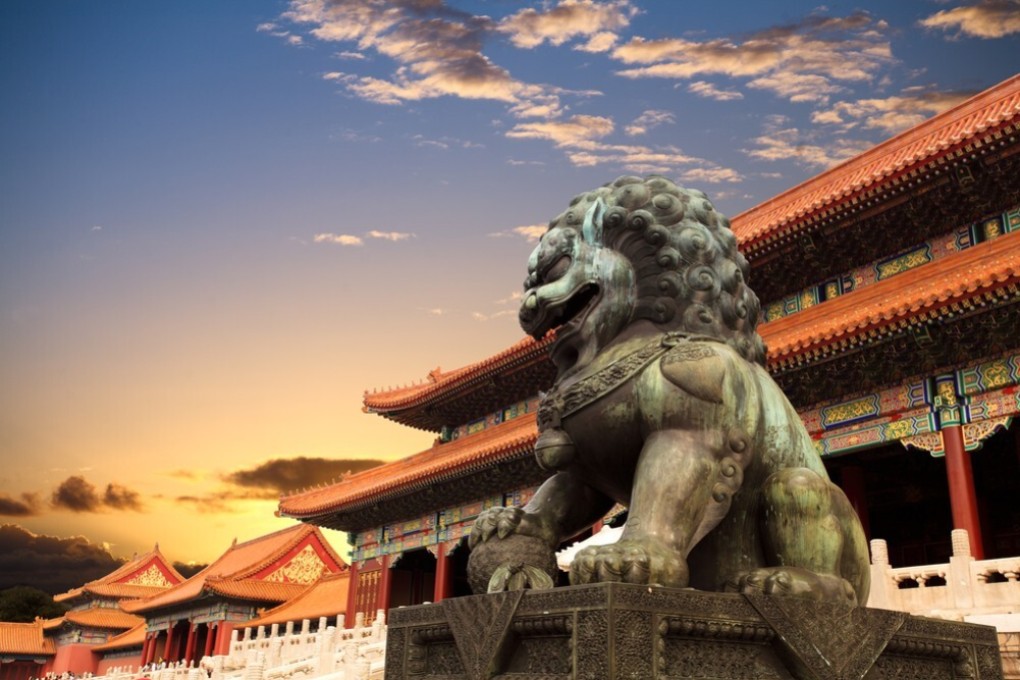Why China believes it should be a superpower, and history as the Chinese see it
- China’s meteoric rise is restoring the country to a position it considers the normal and proper state of affairs, explains author Michael Schuman
- In Superpower Interrupted, he tells Chinese history as the Chinese learn it – a story, he says, that few in the West really know

Superpower Interrupted: The Chinese History of the World, by Michael Schuman. Published by PublicAffairs. 4/5 stars
During a one-year sojourn in London in the 1970s, my secondary school history curriculum covered about a century from the mid-1700s on. A decade into a discussion of the Napoleonic Wars, my history teacher mentioned that after marching through a swamp, a detachment of British soldiers had burned down the White House.
“That’s the War of 1812,” I interjected, finally twigging to what we had been discussing. “That’s what you call it,” was the reply. The “war” that led to the creation of the US national anthem was to the British a mere police action in a far more important conflict.
Michael Schuman generalises this experience in the opening words of his book, Superpower Interrupted: “There is no such thing as world history, at least not one that holds the same meaning for everyone. Which world history is important to you depends on who you are, where you live and where you come from … The ideas in your head have been put there by the narrative of your world history.”

Schuman wants to tell Chinese history as the Chinese learn it; as he puts it, “the story that has shaped the Chinese view of the world, and more importantly, their perception of their role within that world. It is a story that few in the West really know … Only when we know this Chinese history of the world can we understand China today.”
